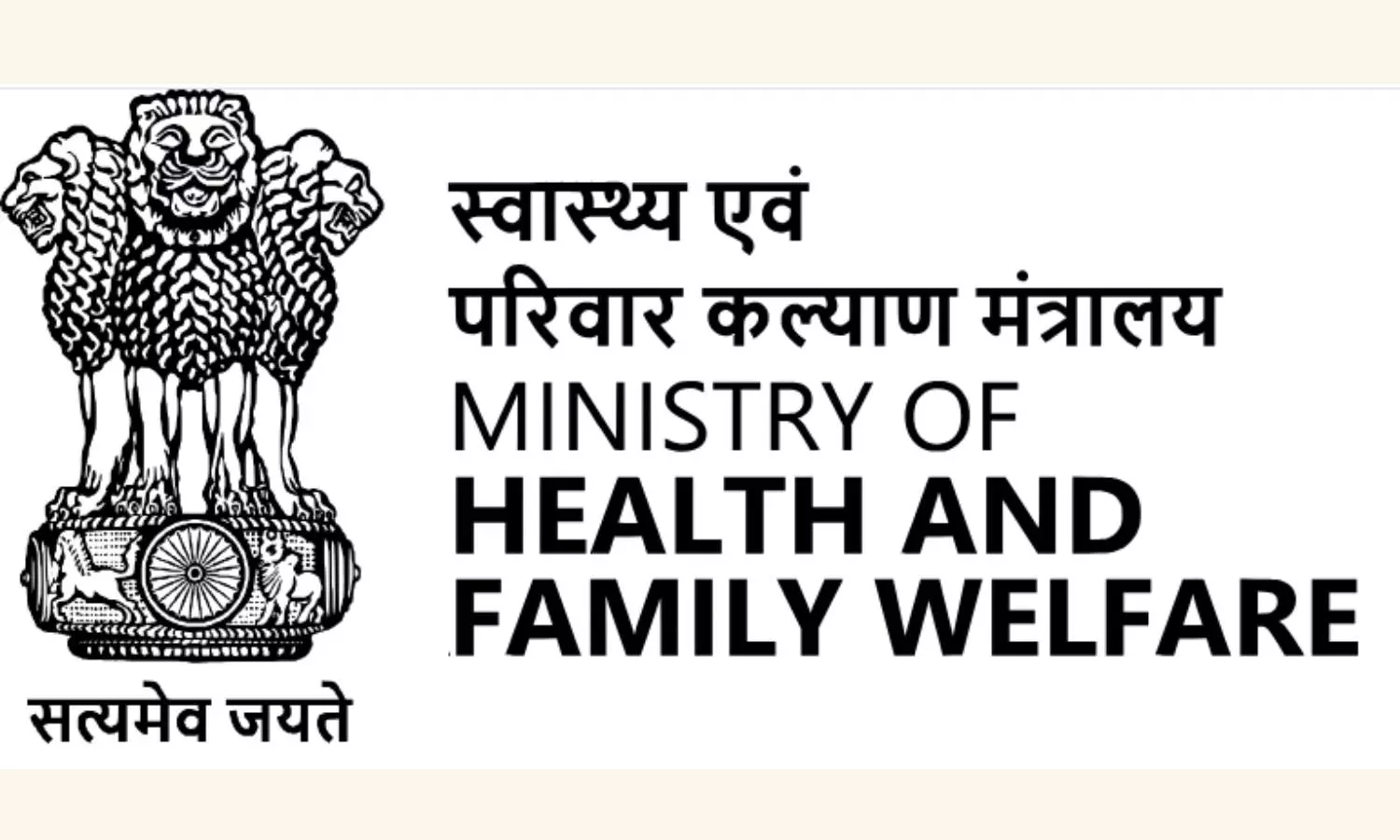Health Ministry asks Central govt. hospitals, institutes to address security issues on priority

Hyderabad: In view of challenges in ensuring security in government hospitals, the Ministry of Health and Family Welfare urged all the Central government hospitals and institutions to take appropriate action to address the security issues in hospitals concerned on priority.
In an advisory issued to head of all the Central government hospitals, institutes, All India Institute of Medical Sciences and Institute of National Importance (INIs), Health Ministry Deputy Secretary Raj Kumar said the hospitals must proper display of relevant penal provisions of the State legislation to prevent violence against health care workers on the hospital premises.
Sufficient number of high-resolution CCTVs must be installed at strategic locations including entrances, exits, corridors, dark spots and sensitive areas. A control room should be setup in the institute for quick response to an emergent situation. In the control room a admin staff should always be stationed along with security persons.
Employment of adequate numbers of well trained security guards for proper monitoring, patrolling and surveillance of the premises must be ensured. Entry and exit should be strictly monitored to allow entry to authorized personnel only.
Identification badges for staff, patients, and visitors may be issued for easy identification of authorized personnel. Display of ID card by all hospital staff while on duty be made mandatory. Appropriate arrangements are made to ensure that all visitors are monitored.
Only one or two attendants are allowed with a patient at any point in time including visiting hours and with an attendant pass only. Restricted access to certain areas may be devised. Comprehensive plans may be drawn for tackling various types of emergencies.
These plans should be regularly updated and rehearsed including conduct of periodic mock drills to train staff and security personnel for effective responses in emergency scenarios.
All hospital staff, including doctors, nurses, and administrative personnel should be trained in recognizing and responding to security threats. They should be equipped with appropriate skills to handle emergency situations effectively. Public address systems should be devised to quickly disseminate information during emergencies.
Dark spots in the campus should be mapped and adequate lighting in the premises should be ensured particularly in the duty areas of the lady health care staff, parking lots, entryways etc.,
Hospital authority should ensure a coordinated response in case of incidents in close coordination with local police and emergency services. Security policies should be updated based on feedback and incident analysis.
Adequate number of well secured duty rooms with basic amenities should be provided for female health professionals. Deployment of lady health professionals at night should be preferably done in more than one number.
They should be escorted in premises while on duty and proper arrangement of secured transport should be made for them for any movement at night. Adequate number of patient facilitators and patient coordinators must be engaged for assisting patients, providing information and guiding the patients in the hospitals and institutes.
The Ministry issued the advisory to the institutes stating that for a long time the government hospitals were more permeable to the public compared to private facilities, making it easier for unauthorized individuals to enter freely. While accessibility is important for providing care, it can also pose security risks.
Hospitals sometimes become targeted by acts of violence, including assault on staff, which can be related to disputes, dissatisfaction with medical care, or external criminal activities. Ensuring safety of healthcare professionals is vital.
Violence or harassment against staff can disrupt operations and affect quality of care provided to patients. Patient rush increases potential for conflicts and security breaches. Addressing these concerns requires a comprehensive approach to security that balances accessibility with effective measures to protect patients, staff and integrity of the facility, the Ministry said.

